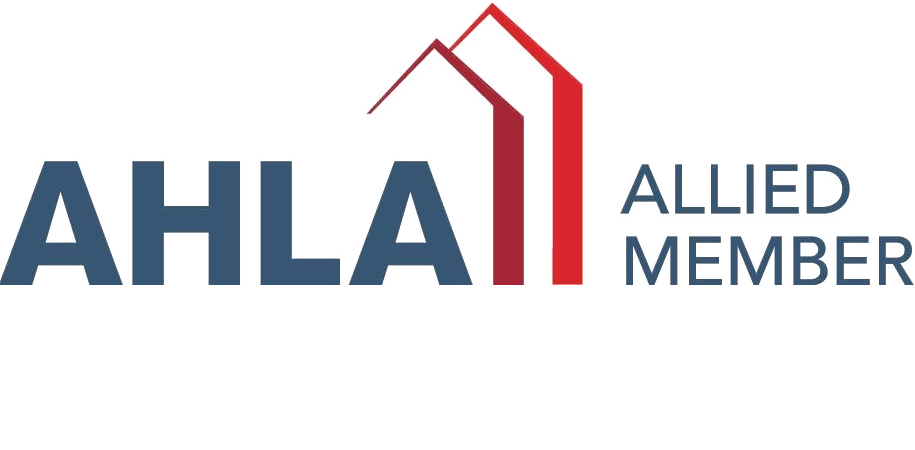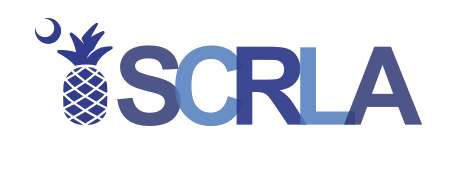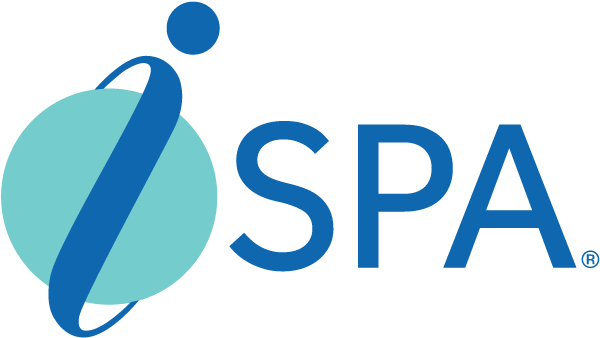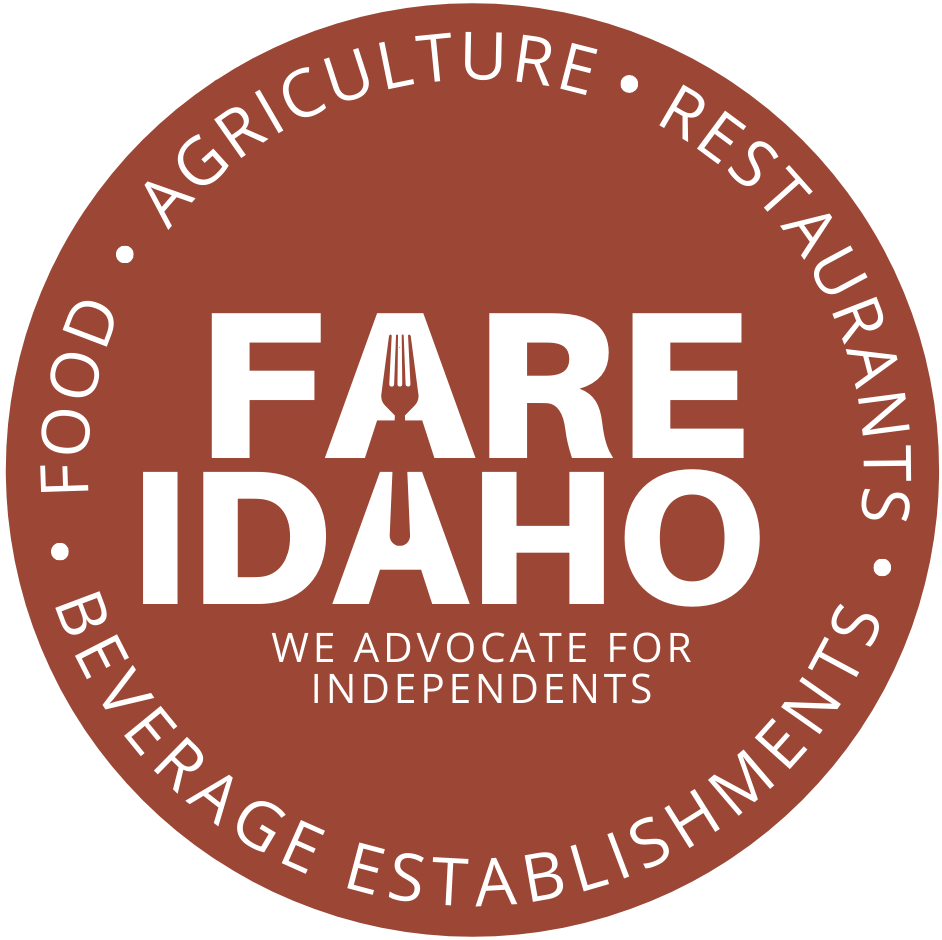The concepts of investing in culture and encouraging the creation of art were so historically fundamental that protection for the right of authorship was written directly into Article I of the US Constitution. Since then, Copyright Law has been enacted and refined specifically to support the authors of music and any associated music copyright holders.
Under US Copyright Law today, when a song is written or composed, there are several exclusive rights retained by the author, songwriter and/or composer. One of those rights is referred to as the right of "public performance". Essentially, this means that music cannot legally be played at a business or event (with rare exceptions such as music used in live religious proceedings or classrooms), by any method of performance (i.e. streaming, TV, live bands, DJs, background, karaoke, music-on-hold, etc.), without receiving permission from the author, songwriter or composer, or their legally appointed representative (their PRO). Permission to publicly perform music is required in advance of playing the music. Failure to obtain proper advance permission places any business using music at risk of violating US Copyright Law, which can carry statutory penalties of up to $150,000 per song played.
Almost every business uses music in some capacity, however it is unrealistic, and in most cases impossible, for a business to control every song that will be played (performed) on their premises, on their websites and digital properties, and at their hosted events.
AllTrack provides a simple and cost-effective compliance solution in the form of a blanket performance license. By securing an AllTrack license, your business will have the worry-free protection it requires to play all the music in the AllTrack repertory on an unlimited basis, including new song releases that are added daily, without any requirement to track and report which songs are played (for most licenses).
If you would like to review some common examples of music uses that require a performance license, click here.














